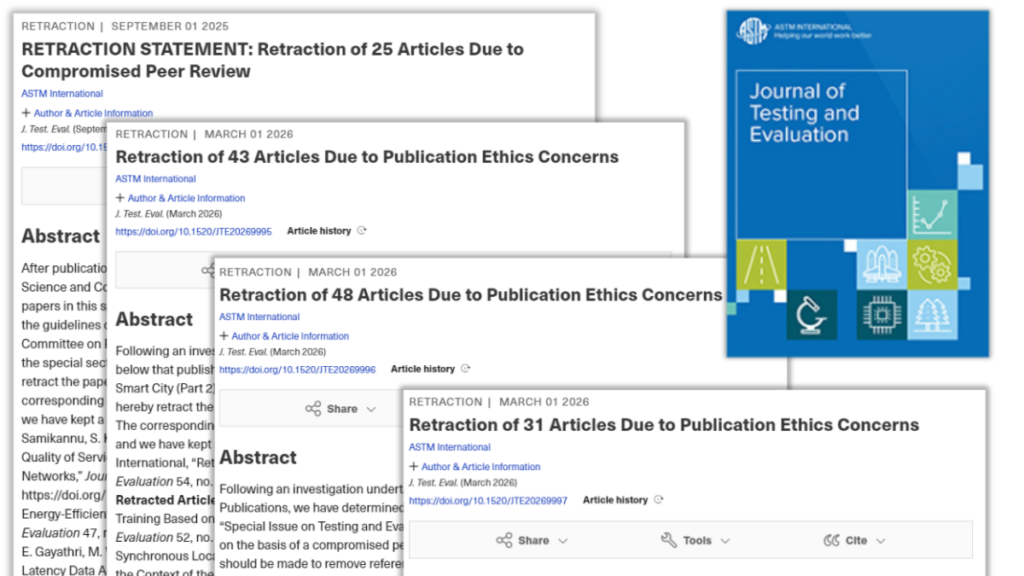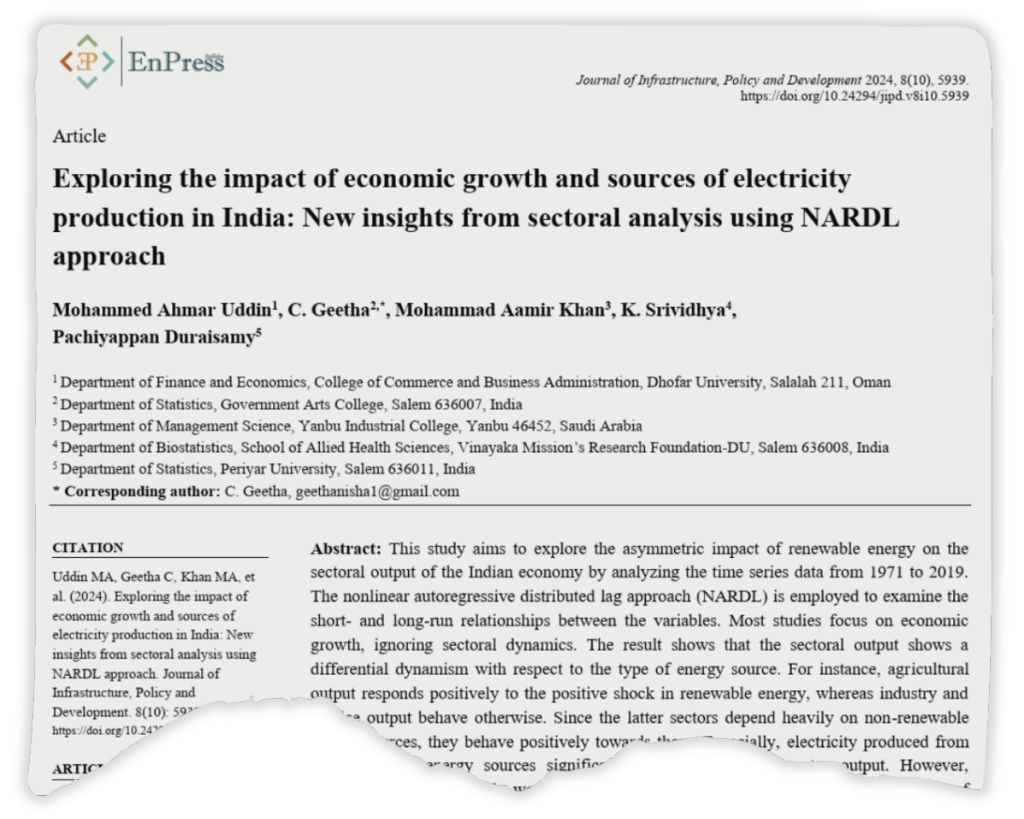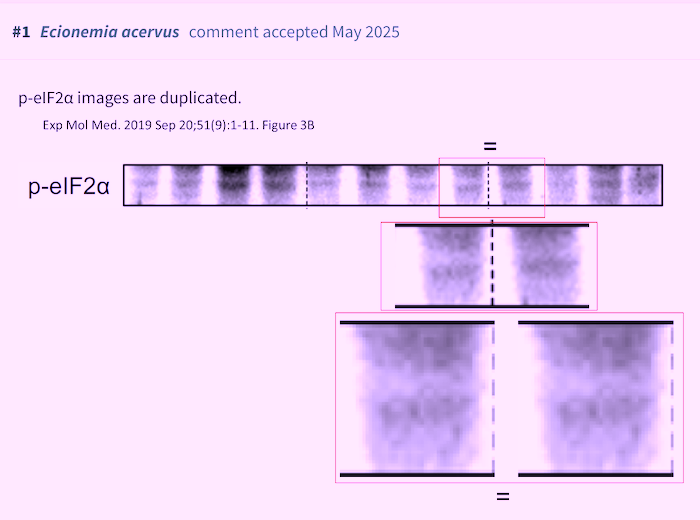Heliyon has published fewer papers and ramped up its retractions since a major indexing service put the journal on hold and the publisher launched an audit of all papers published in the journal since its launch in 2016.
Clarivate put Heliyon on hold in September 2024, citing concerns about the quality of the content. The “on-hold” status indicates a journal is being re-evaluated, and new content isn’t indexed, according to documentation on the Clarivate website. A spokesperson for Clarivate told us they couldn’t comment on specific journals, but said a journal must be both taken off hold and have its missing content backfilled by August 1 in order to receive an impact factor for that year. If a journal is still on hold and content hasn’t been backfilled, the journal will not receive an impact factor, the spokesperson said.
Heliyon published over 11,000 papers in 2023 and more than 17,000 in 2024, issuing around two dozen retractions in each year. Last year, the journal published 3,168 articles and retracted 392 others.
Continue reading Mega-journal Heliyon retracts hundreds of papers after internal audit







